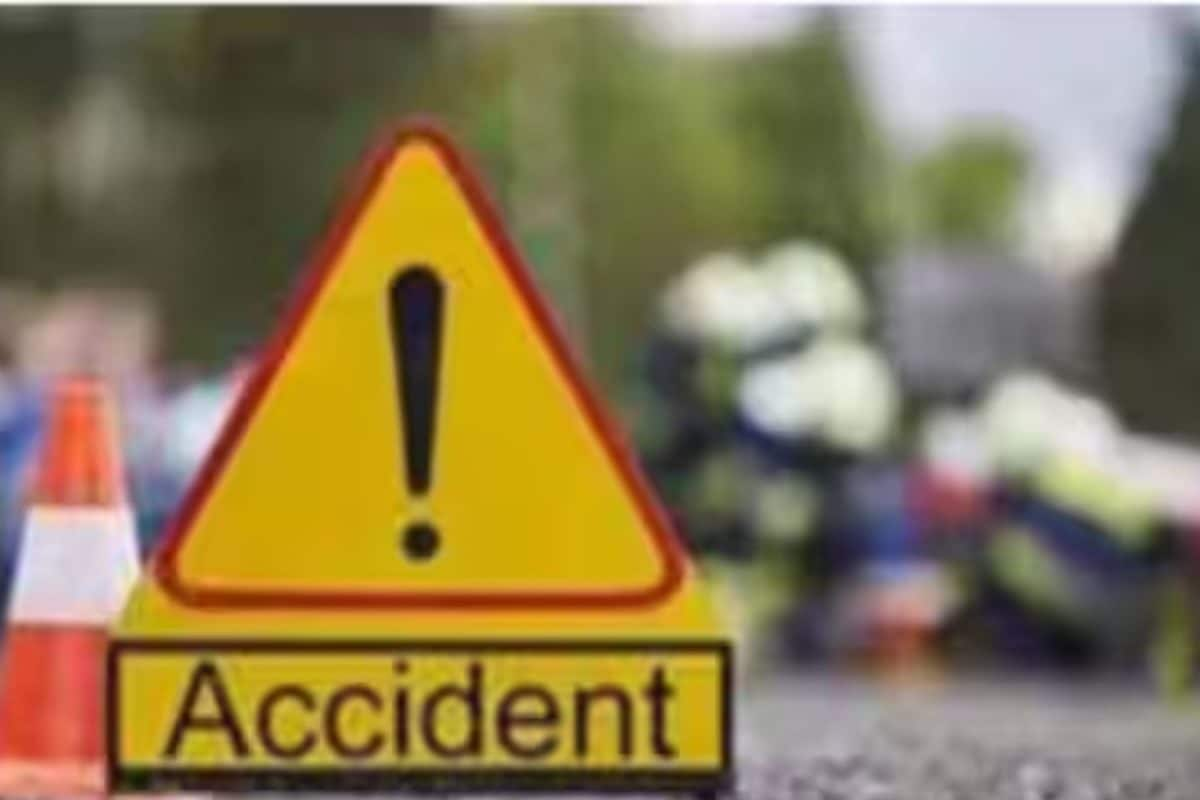

A 20-year-old college student in Pune miraculously survived a harrowing accident where 33 glass shards became lodged in his throat. The incident occurred in Chakan when his two-wheeler collided head-on with a pickup truck. The young man, who was not wearing a helmet at the time, was thrown into the truck's windshield upon impact, causing severe lacerations to his neck.
The accident, which took place on April 21, left the student bleeding heavily and in a semi-conscious state. He was rushed to the emergency ward of a private hospital, where a team of doctors worked diligently for one and a half hours to remove all the glass pieces and repair the damaged blood vessels.
Dr. Manohar Suryawanshi, an ENT and head & neck surgeon at Medicover Hospital, led the surgical team. He described the delicate nature of the operation, noting that the cuts were dangerously close to the larynx, also known as the voice box. Several major blood vessels, including those supplying blood to the brain, were also severely damaged. The medical team was concerned that the injuries might permanently affect the patient's voice.
"We had to remove 33 glass pieces from the patient's throat; some were so tiny and deeply embedded that it took immense precision and patience to remove them," Dr. Suryawanshi explained. The meticulous work of the surgeons ensured that all foreign objects were removed, and the damaged tissues were repaired.
Dr. Ninad Patil, a consultant neurosurgeon, was the first to attend to the patient. He highlighted the significance of wearing a helmet, stating that the absence of one likely contributed to the severity of the injuries. "He was without a helmet, and the injury suggested possible head trauma," Dr. Patil said. He initially admitted the patient for a neurological evaluation but quickly recognized that the throat injury was the more pressing concern.
Following the surgery, the patient was closely monitored and discharged in stable condition on April 29. The impact of the accident was so severe that the victim suffered from memory loss, unable to recall the events leading up to and during the crash. As the student himself reported, "Everything went dark after the crash."
The young man's recovery was remarkable. When he returned to the hospital for a follow-up appointment on May 29, his voice had returned to normal. Dr. Suryawanshi noted that such a positive outcome is rare in cases involving such critical injuries. The successful recovery was attributed to the skill of the medical team and the patient's resilience.
This incident serves as a stark reminder of the importance of wearing a helmet while riding a two-wheeler. The absence of this basic safety measure can lead to severe, life-threatening injuries, as demonstrated in this near-fatal accident in Pune.